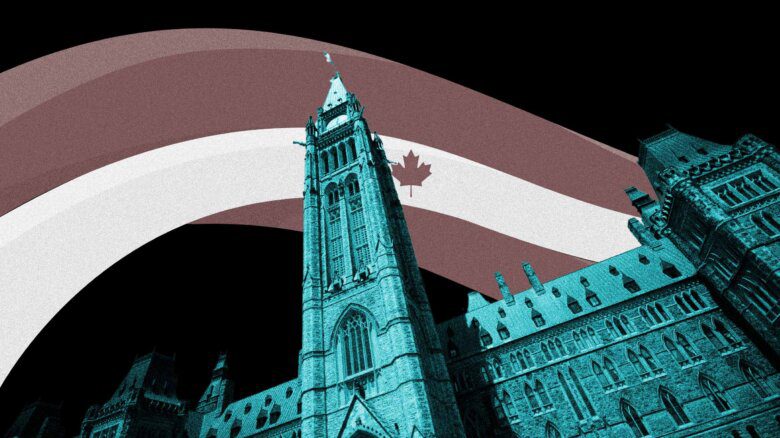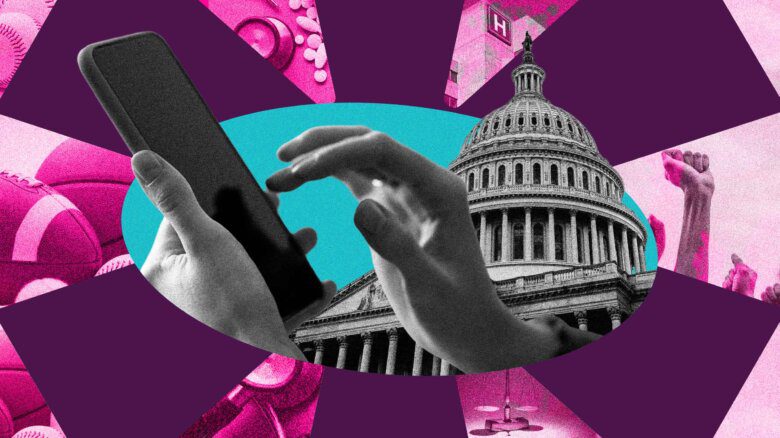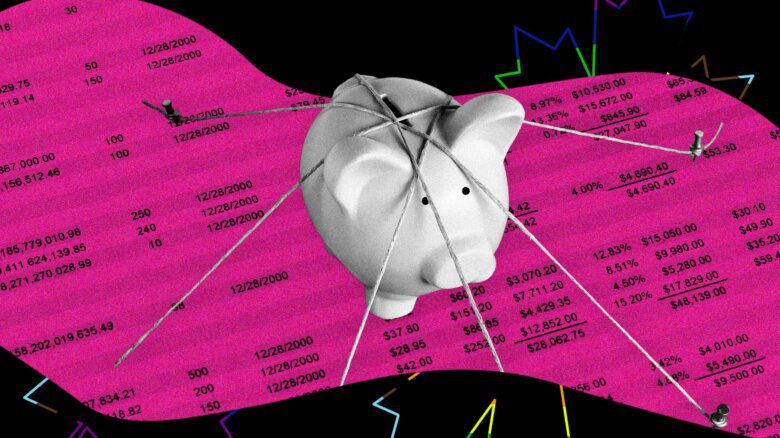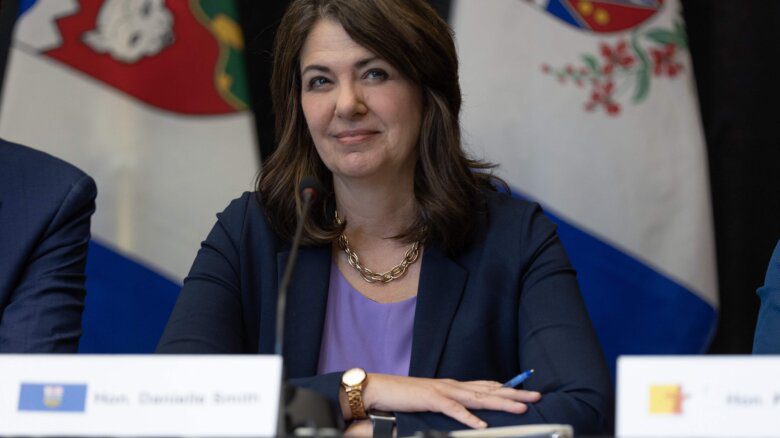For activist Sara Cunningham, raising a gay child in conservative Oklahoma during the 1990s was not easy. She remembers being less than supportive when her youngest son, Parker, initially came out to her as a teen. But after seeing him be ostracized by his peers, she was heartbroken.
First came the incessant bullying Parker received from his classmates. After running into a student who had been tormenting him during a grocery trip, Cunningham says that Parker asked to go to a different store, in fear of what might happen. When she inquired about the mistreatment he had been experiencing while at a parent-teacher conference, Cunningham was told her son “wasn’t a good fit” for the school because he acted “feminine.”
Unfortunately, there are no safeguards in Oklahoma against the discrimination Parker experienced. The state is one of 29 in the U.S. without laws protecting LGBTQ2S+ youth and adults in areas like education and public accommodations.
“I was in my 40s before I realized that my straight son has more rights than my gay son,” Cunningham tells Xtra in an interview over Zoom. “I started hearing about how my child could be denied housing and healthcare, or even be kicked out or be refused service at a public place because he’s gay. Those are things that no mother should ever have to worry about.”
“I was in my 40s before I realized that my straight son has more rights than my gay son.”
As a bill that would address the lack of protections for millions of LGBTQ2S+ Americans stalls in Congress, the Cunninghams have joined a new campaign to advocate for its passage. On Feb. 23, the Human Rights Campaign (HRC) unveiled what it calls the Reality Flag: a redesigned version of the American flag with 21 stars instead of the usual 50. Each missing star represents a state where LGBTQ2S+ people can be denied housing, health care or public restroom access because of who they are.
Jay Brown, HRC’s senior vice president of programs, research and training, says the flag is a “powerful visual reminder of what we’re lacking as a country” without the Equality Act in place. If signed into law, the legislation would update the Civil Rights Act of 1964 to provide protections on the basis of gender identity and sexual orientation in all walks of life, including retail spaces, credit and jury selection.
“The thing that’s unfortunate is that most folks don’t realize this isn’t the law of the land,” Brown tells Xtra. “We need to do more education to make sure that folks are aware that this is still needed and that these basic freedoms are denied under federal law.”
Various iterations of the Equality Act have been introduced since 1974 but failed to pass either house of Congress until 2019, when the House of Representatives made history by approving the legislation in a 236-173 vote. While the Democrat-controlled House passed the bill again in 2021, the Senate has failed to call the Equality Act for a vote in any of the past three years. The legislation has been stonewalled by GOP obstruction in a chamber divided evenly between Democrats and Republicans.
Passing the Equality Act would require 60 votes to avoid a filibuster, meaning that 10 conservatives would need to flip to vote with Democrats. With moderate Republicans like Utah’s Mitt Romney and Maine’s Susan Collins opposing the bill in its current form and centrist Democrats like Arizona’s Kyrsten Sinema and West Virginia’s Joe Manchin III blocking filibuster reform, the legislation is effectively dead.
Despite the obstacles that lay ahead, HRC has continued to lobby for the Equality Act’s passage. In 2019, the nationwide LGBTQ2S+ advocacy group launched the Business Coalition for the Equality Act, with over 500 major U.S. companies backing comprehensive nondiscrimination protections. The group’s own polling shows these pledges are popular among the public: a March 2021 survey found that 7 in 10 Americans supported the Equality Act.
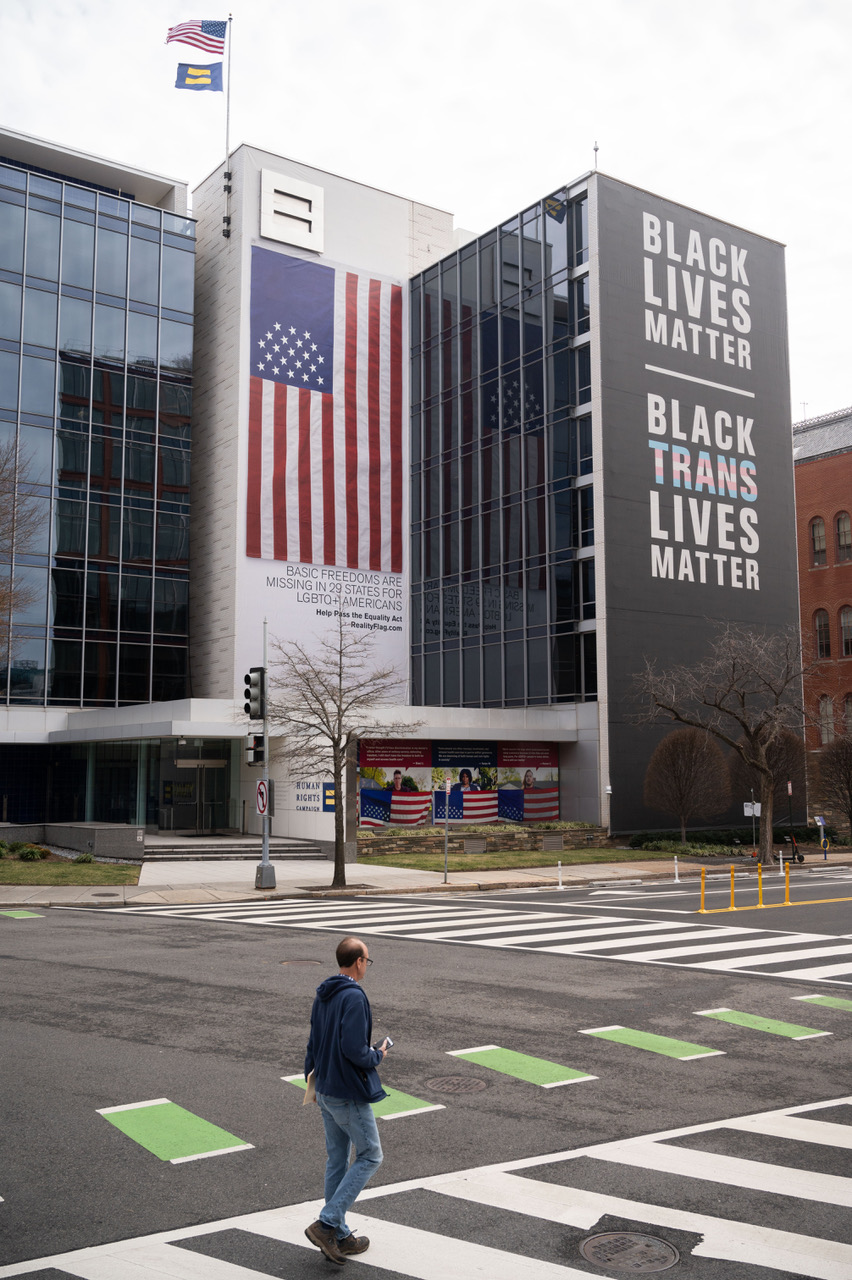
Credit: Kevin Wolf/AP Images for Human Rights Campaign
HRC’s newest push to pass the Equality Act includes a series of videos showcasing the lived experiences of LGBTQ2S+ people impacted by discrimination. In one video, Navy veteran Staci J. claims she was denied medical care by a Minnesota doctor, who she says refused to treat or even touch her after finding out that she is a lesbian. Adelyn, a 12-year-old trans girl, worries about being denied health care in a life-threatening situation after being prohibited from using the girls’ restroom at her school.
“I will have to fight my legislators constantly because they don’t give me the same rights as everybody else,” she says in a testimonial. “I have severe asthma. What if one day I have an asthma attack, I don’t have my medicine and I have to go to the hospital and they deny me access to care only because of who I am and I die?”
As LGBTQ2S+ Americans await the passage of laws that ensure them equal treatment in everyday life, activists say they will keep working to provide support and even comfort to those left vulnerable to harm. In 2015, Cunningham decided to start giving out hugs to anyone who needed them at the local Oklahoma City Pride Festival. She even made a homemade button with the words “Free Mom Hugs” printed on it, which has since become the name of a national non-profit she founded to further LGBTQ2S+ equality.
Cunningham says her first hug was shared with a lesbian rejected by her family who told her that it “had been four years since she gotten a hug from her mother.” “That day I heard so many stories about beautiful same sex couples being kicked out of their home, their church family or living out of their car simply because they’re gay,” she says.
Free Mom Hugs now operates a chapter in every state, and according to its website, its mission is both to spread a message of love and to inform Americans about the realities LGBTQ2S+ people face. Cunningham knows there’s so much work left to do.
“It’s all about being accountable and doing whatever we can, whether it’s finding our voice at the water cooler at work, inquiring at our schools what the anti-bullying protocol is, talking to people within our congregation about acceptance and inclusion,” she says. “I just want the world to know that the gay community the LGBTQ+ community is a beautiful gift to this world.”
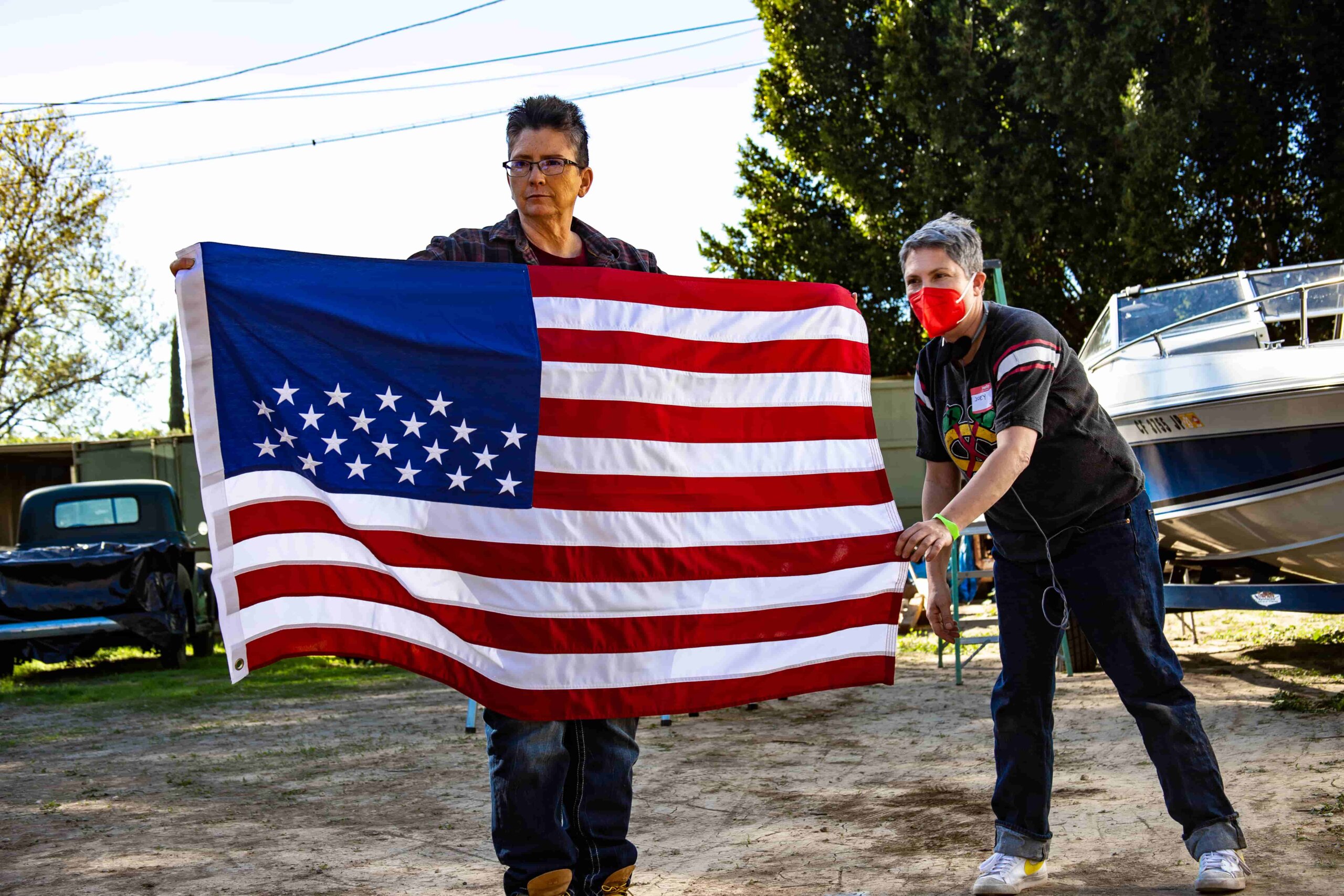

 Why you can trust Xtra
Why you can trust Xtra